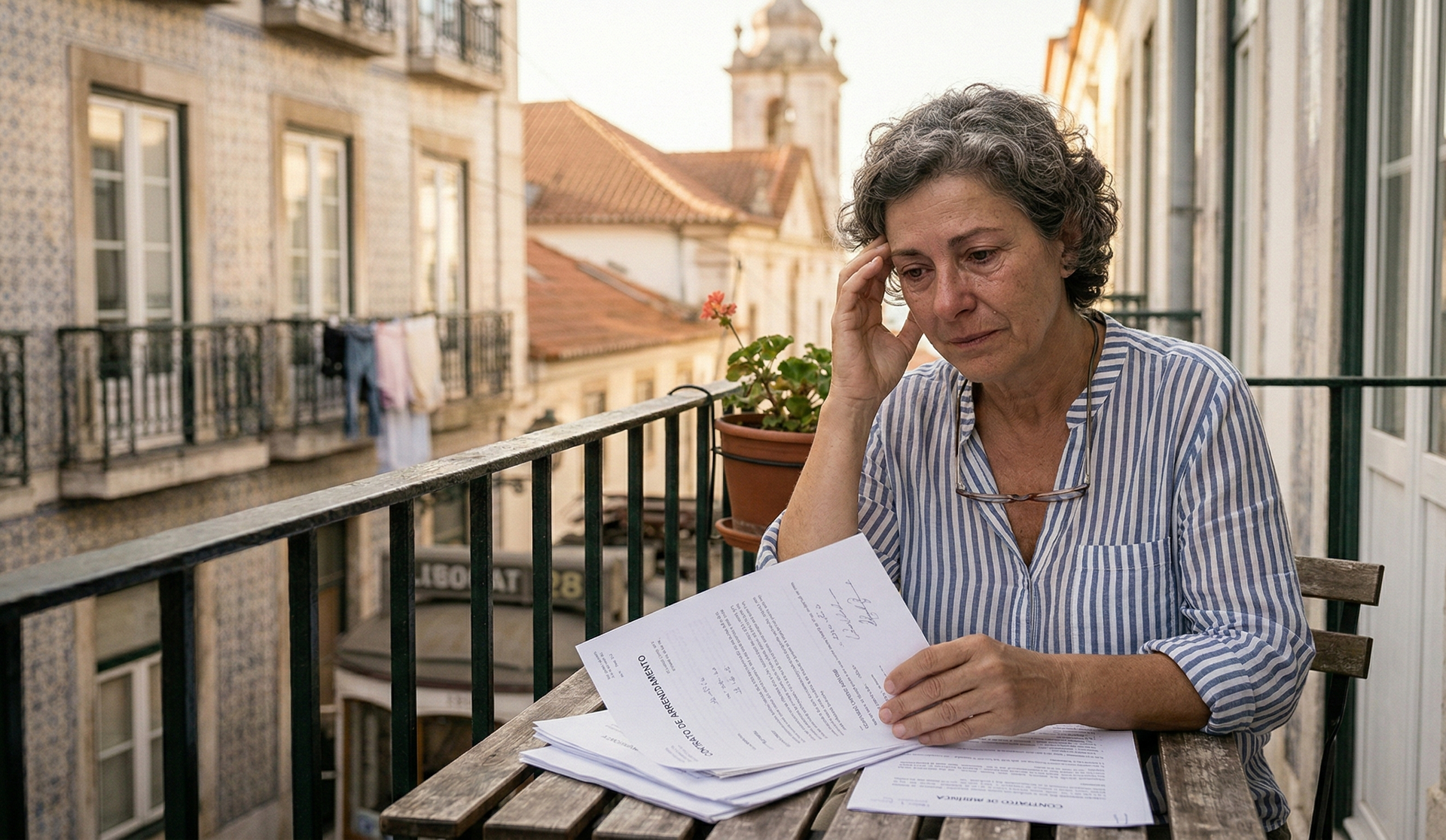Can I Get Portuguese Citizenship if Born in Portugal to Foreign Parents?

Joana Loureiro Veríssimo | Lawyer
Many adults born in Portugal to foreign parents may be unaware that they have a legal right to acquire Portuguese nationality, even if they never applied for it as children.
Over the past decade, Portugal has reformed its nationality laws to become more inclusive, particularly regarding individuals born on Portuguese soil. Today, it is possible for adults in this situation to obtain Portuguese citizenship under specific legal provisions, based on their birth in Portugal and the legal or factual residence of their parents at the time of their birth.
The legal foundation for this right is found in Article 1, No. 1, subparagraph f) of the Portuguese Nationality Law (Law No. 37/81 of 3 October, as amended). According to this provision, individuals born in Portuguese territory to foreign parents who were not serving their home state are considered Portuguese at birth as long as, at the time of their birth, at least one parent was legally residing in Portugal or had been residing in the country, regardless of the type of residence, for at least one year. Furthermore, the applicant must not have declared that they do not wish to be Portuguese.
This means that even if the parents were not Portuguese citizens, and even if the individual is now an adult, they may still acquire Portuguese nationality by origin if these conditions were met at the time of their birth. The law does not require that the application be made during childhood. Once these objective requirements are fulfilled, the nationality may be recognised at any time.
One of the most important elements in this process is proving that at least one parent resided in Portugal for a minimum period of one year before the applicant’s birth. This residence may be legal (e.g., through a residence permit) or factual (even without formal documentation), if it can be effectively demonstrated.
It is important to note that this requirement to prove factual residence applies mainly in cases where the parent did not hold legal residence status. If the parent had legal residence, this is typically sufficient, and no further evidence of factual residence is needed. The law is flexible in this regard and accepts a variety of documents to demonstrate the necessary period of residence when required.
These documents must demonstrate that the parent resided in Portugal for at least one year before the applicant's birth. It is not necessary to prove current residence, knowledge of the Portuguese language, or any connection to the national community beyond the objective facts at the time of birth.
Applicants must submit their request to the Central Registry Office (Conservatória dos Registos Centrais) in Portugal, or through a Portuguese consulate if they are living abroad.
This distinction is crucial: nationality acquired under Article 1, No. 1, subparagraph f) is considered nationality by origin, meaning the person is Portuguese from birth, even if the recognition occurs later in life. Therefore, there is no age limit to apply. Adults who meet the requirements may assert this right at any time.
Acquiring Portuguese nationality brings several benefits. It grants access to a Portuguese passport, full civil and political rights, and access to the national health and education systems. Perhaps most significantly, it allows the holder to live, work, and study anywhere in the European Union, and to transmit Portuguese nationality to their children, offering long-term legal and personal advantages.
Despite the relatively straightforward legal framework, some applicants may face challenges in gathering sufficient documentation, particularly when dealing with older records or informal residence situations. In such cases, it is advisable to consult with a lawyer specialised in nationality and immigration law, who can assist in identifying valid forms of evidence, compiling the proper documentation, and navigating the procedures with the Portuguese authorities.
In conclusion, if you were born in Portugal to foreign parents who were not working for their home state, and at least one of them had resided in Portugal for at least one year, legally or otherwise, before your birth, you likely have a strong legal basis to obtain Portuguese nationality.
The process is accessible, objective, and grounded in clear legal criteria. If you meet the conditions, it is your right to be recognised as Portuguese from birth, and it is never too late to make that right a reality. Contact us if you require legal support.










